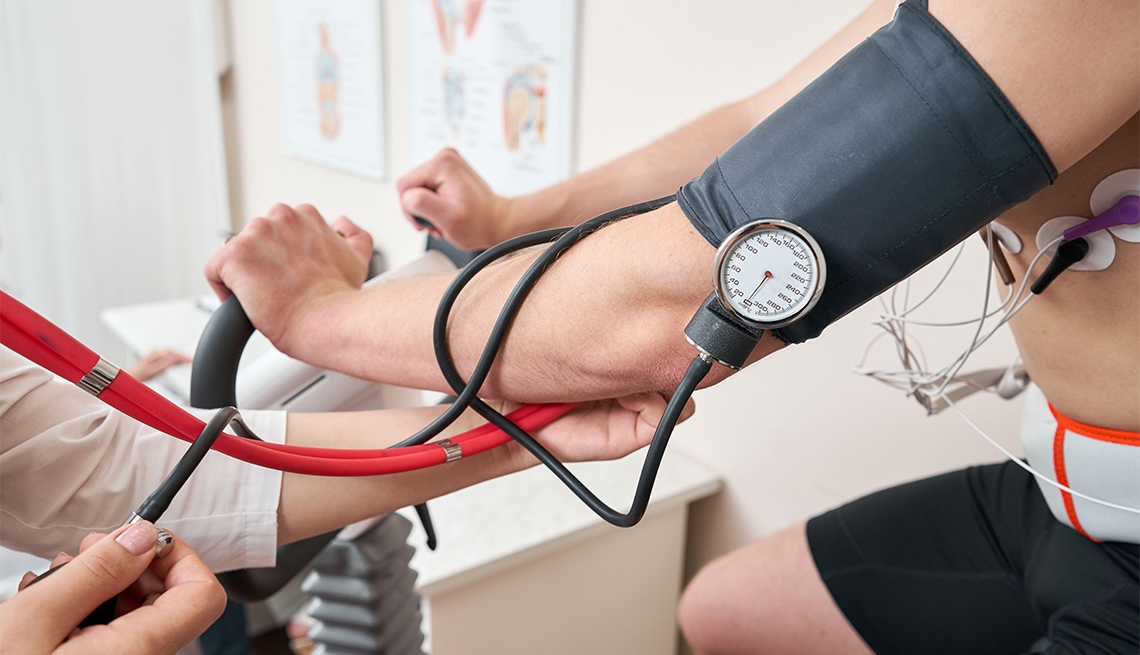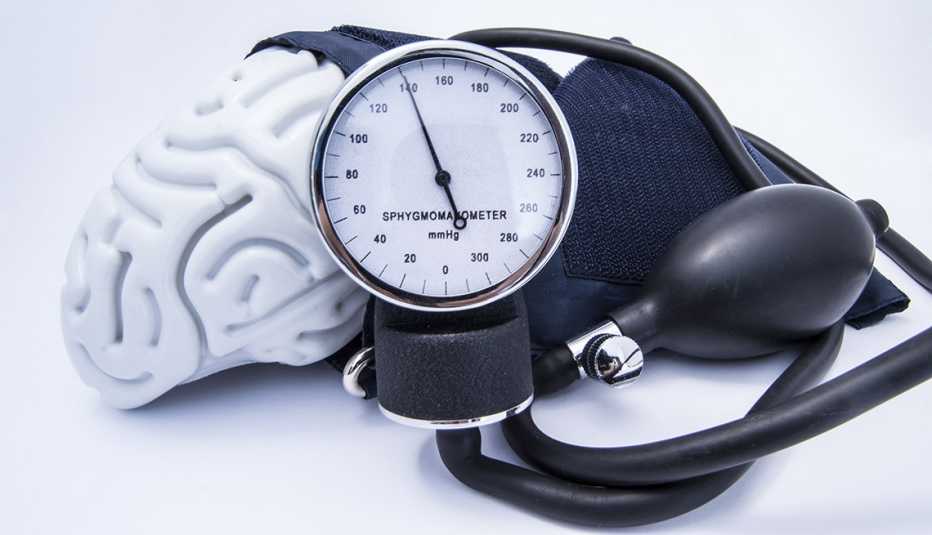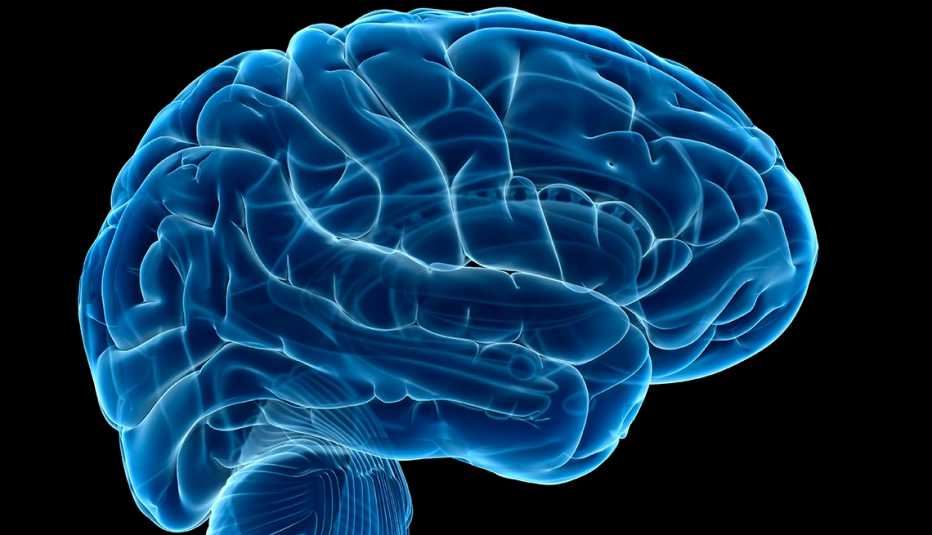Staying Fit
Managing high blood pressure, exercising regularly and adopting other habits that improve cardiovascular health all have serious benefits for your brain, too.
A new report from the AARP-founded Global Council on Brain Health (GCBH) — a working group of scientists, health care professionals and policy experts — confirms that heart health and brain health share a direct link. And taking steps to manage cardiovascular risk factors such as blood pressure and cholesterol levels, no matter how late in life, improves your chances of staying sharp as you age.


AARP Membership— $12 for your first year when you sign up for Automatic Renewal
Get instant access to members-only products and hundreds of discounts, a free second membership, and a subscription to AARP the Magazine.
“The brain is one of the most vascular organs in the body — it has an even longer highway of blood vessels than the heart. And so it makes perfect sense that part of brain health is vascular health,” says gerontologist Jeff D. Williamson, a professor of gerontology and geriatric medicine at Wake Forest School of Medicine and GCBH contributor.
The report examines the latest evidence on the heart and brain connection and includes a list of recommendations individuals can act on to improve cardiovascular and cognitive outcomes. Among the report’s top tips is to check your blood pressure regularly and work with a health professional to bring it down if it’s high.
The latest advice is to aim for a blood pressure of 120/80 mm Hg or lower. A groundbreaking study found that adults who maintained readings in that range were less likely to develop mild cognitive impairment, a serious loss of memory and thinking skills that is often the earliest phase of Alzheimer’s and dementia, compared to those with higher numbers.
“We’re not saying you should be in a panic if your blood pressure isn’t 120,” says GCBH Executive Director Sarah Lenz Lock. But patients and physicians should be “aggressively” paying attention to blood pressure in a new way “because it’s clear it affects your heart, but it’s also really clear that it affects your brain,” she adds.
For expert tips to help feel your best, get AARP’s monthly Health newsletter.
High blood pressure is “the most common risk factor that comes through primary care,” Williamson says. “And so patients and their health care providers need to do a better job of making sure that they understand how to correctly measure blood pressure, and then that they seriously” control it.
Lock recommends keeping a blood pressure monitor at home and taking regular, accurate readings. If your numbers are high or you notice them trending that way, contact your health care provider. Lifestyle changes can lower blood pressure, and when those don’t work, medications can help.
Getting regular exercise, managing high cholesterol and eating a healthy diet are also recommended for better heart and brain health. Experts also warn against smoking and advise adults to keep blood sugar levels within a healthy range.
“These are simple things that are somehow not very simple for people to do. And so we need to take steps to help people make the positive lifestyle changes they need,” Lock says.
However difficult healthy habits can be to adopt, geriatric psychiatrist Kristine Yaffe calls the results of the report “very empowering,” especially when scientists are grappling to better understand the underlying causes of Alzheimer’s disease and dementia and to find a cure.



































































